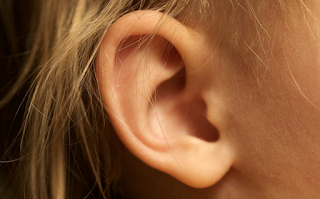 Complaining comes at a cost. When we complain, our brains release stress hormones that harm neural connections in areas used for problem solving and other cognitive functions. (click on the blue section to review the article). So, actually, complaining is harmful to our health. Once you go negative, it is hard to recover because emotions get triggered, which then strengthen the neural connections in your brain to increase distress and release of powerful stress hormones. This also happens when we listen to someone else moan and groan. Jon Gordon, author of The No Complaining Rule states that complaining, “It’s as bad as secondhand smoke,” “It’s secondhand complaining.” Just as smoking is banned in most offices, complaining should be banned.
Complaining comes at a cost. When we complain, our brains release stress hormones that harm neural connections in areas used for problem solving and other cognitive functions. (click on the blue section to review the article). So, actually, complaining is harmful to our health. Once you go negative, it is hard to recover because emotions get triggered, which then strengthen the neural connections in your brain to increase distress and release of powerful stress hormones. This also happens when we listen to someone else moan and groan. Jon Gordon, author of The No Complaining Rule states that complaining, “It’s as bad as secondhand smoke,” “It’s secondhand complaining.” Just as smoking is banned in most offices, complaining should be banned.
What is a possible remedy? Don’t listen, don’t engage and leave when gossip or toxic language begins to appear. So, the residual feelings DO NOT magically disappear. Finding a good friend that looks for the good in people, shows positivity, expresses gratitude is the best way to keep ensure you do get caught up in conversation that can be harmful to you. It is difficult avoid negativity with the world conflict that is so present in our lives. If you find yourself whining, pay attention to the impact on your emotions and the reactions from others. There is a fine line between getting something off of your chest and perseverating on it. Consider how you feel when someone drones on and on about fears and problems. It is very draining and destructive.




